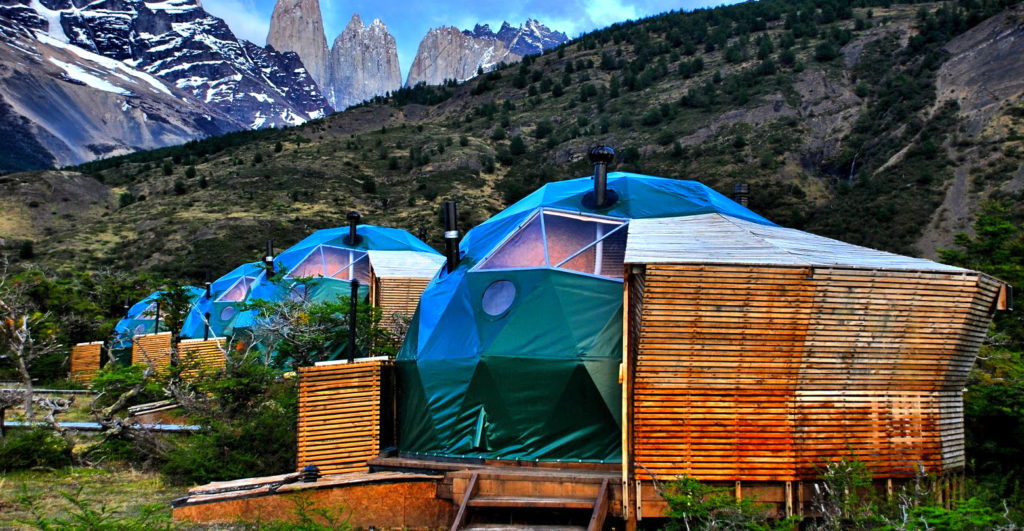With the digital age firmly upon us, our online actions, no matter how minuscule, contribute to a larger environmental impact. Every search query, every downloaded file, and every hour of streaming accumulates into a significant energy demand. As conscientious netizens, understanding and tweaking our study habits can lead to a more sustainable online learning experience. Read on as we explore how you can effectively reduce your digital carbon footprint.
The Underlying Impact of Digital Actions
It’s easy to forget that behind the sleek interfaces of our devices lies an intricate web of servers, data centers, and networks. These infrastructures constantly work, requiring vast amounts of energy. Online study habits, when scaled across millions of learners globally, can either contribute to or alleviate this energy consumption.
Switch to Energy-efficient Hardware
One of the primary ways to make an immediate impact is by choosing energy-efficient devices. Many manufacturers now offer devices that meet eco-friendly standards. When purchasing a new laptop or tablet for studying, looking for energy star ratings or other sustainability certifications can be a game-changer. Additionally, consider buying devices that have a longer life cycle, reducing the need for frequent replacements.
Mind Your Tabs and Apps
Every open browser tab consumes energy, whether you’re reading academic journals or looking for jobs you can get with a criminal justice degree. While it’s convenient to have multiple tabs ready for swift navigation, it’s also a silent energy drainer. Aim to keep only essential tabs open. Similarly, background applications that aren’t vital for your study session should be closed. Not only will this help reduce energy consumption, but it can also improve your device performance and minimize distractions.
Optimize Cloud Storage Usage
Cloud storage is a popular tool for students and educators alike. However, the convenience of storing everything in the cloud has its environmental cost. Here’s what you can do:
- Periodically declutter: Remove outdated or redundant files.
- Use local storage for frequently accessed documents: This can reduce the demand on cloud servers.
- Choose sustainable cloud providers: Some companies are transitioning to renewable energy sources for their data centers.
Streamline Video Calls and Streaming
Video conferencing and online classes have become the norm. To make these sessions more sustainable:
- Turn off video when it’s not essential: Audio-only calls consume less energy.
- Download lecture videos for offline viewing instead of streaming multiple times.
- Use lower resolutions when high definition isn’t necessary.
Regular Maintenance for Longevity
A well-maintained device tends to have a longer life span. Regularly updating software, clearing caches, and deleting unnecessary files can keep your device running smoothly. This not only enhances performance but reduces the frequency of hardware replacements. Remember, producing new devices also has an environmental impact.
Power Management and Charging
Most devices come with power management settings. Activating power-saving modes during study sessions can significantly cut down energy usage. What’s more, unplugging chargers when devices are fully charged and using energy-efficient charging adapters can further reduce your carbon footprint.
Online study habits, when executed with sustainability in mind, can contribute positively to the environment. Every small action, from managing tabs to optimizing cloud storage, culminates in significant energy savings over time.



